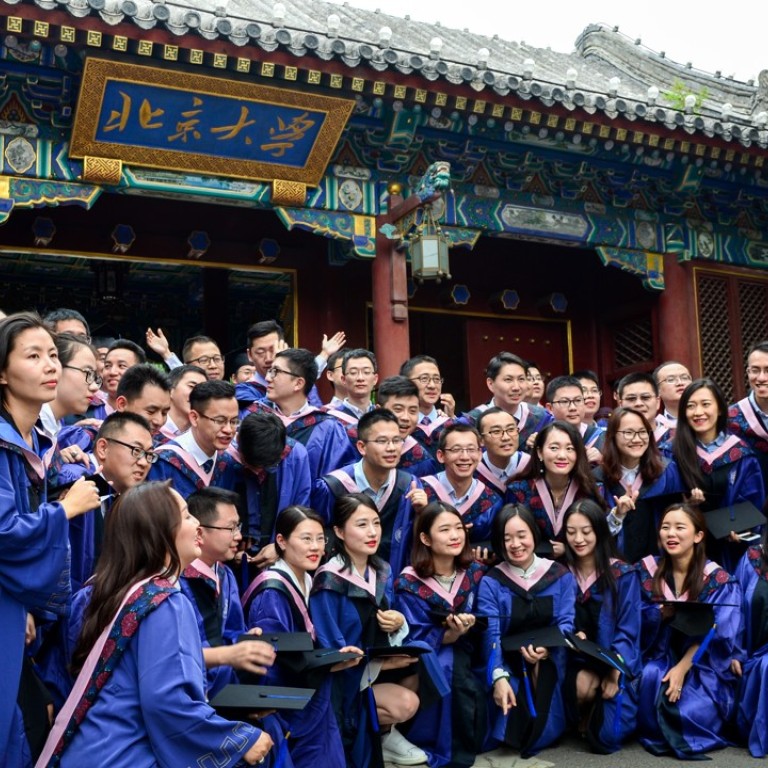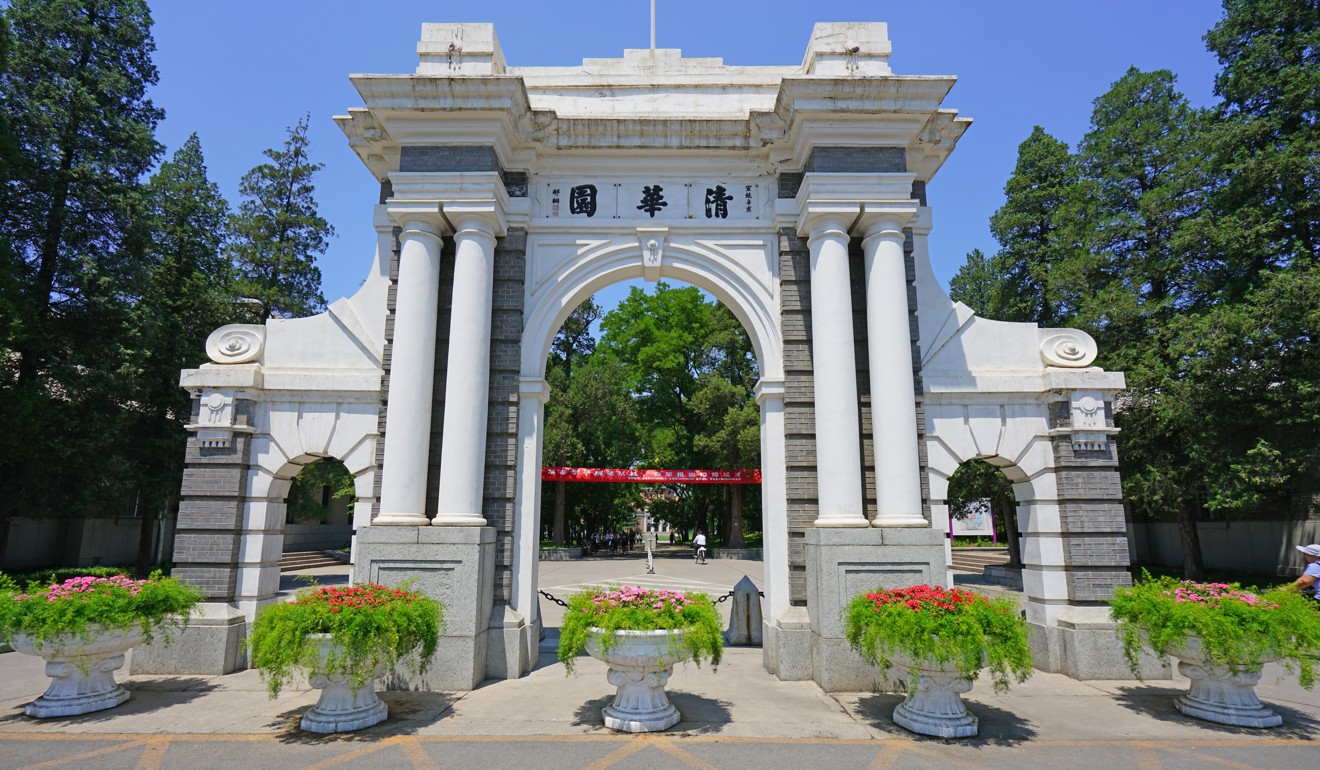
China lists 42 colleges it wants to make ‘world class’ universities
Injection of financial aid welcomed, but experts say no major difference between latest list and similar initiatives launched in 1990s
China has published a list of 42 colleges it wants to turn into world class universities in the coming decades as it attempts to create a higher education sector that matches its increasing economic power.
Only two mainland Chinese colleges are currently in the top 100 for all four main global rankings for the world’s top universities, Peking University and Tsinghua University in Beijing.
The initiative also aims to ensure that 95 colleges in China will be global centres of excellence for specific disciplines.
Many mainland Chinese students opt to study overseas, with the perception that they will get a better standard of education abroad.
The list of universities was published on Thursday in a joint statement issued by the education and finance ministries, plus the government’s economic planning agency, the National Development and Reform Commission.
The government announced a blueprint last year on how to turn some of its colleges into world-class universities, with the colleges making the list getting extra financial support from the government.
Experts, however, have questioned whether the initiative will work.
Chu Zhaohui, a researcher at the National Institute of Education Sciences, said there was no major difference between the latest list and two similar initiatives launched in the 1990s.
More than 110 universities were included in the “211 project” and 39 in the “985 project” to boost China’s higher education institutions during the tenure of former Chinese president Jiang Zemin.
“Two decades have passed and we’re only sure we have improved in terms of quantity, but there’s been much controversy over quality,” Chu said.

Wu Zunmin, a professor at Shanghai’s East China Normal University, told the South China Morning Post after the launch of the scheme last year that an injection of resources was welcome, but other factors needed to be addressed to produce world-class universities.
“It’s easy to give money for a hardware facelift, but it’s difficult to revive the atmosphere of academic freedom, focusing on academic studies and pursuing truth,” Wu said. “Currently our universities are utilitarian.”
Yuan Lanfeng, a scientist at the University of Science and Technology of China in Anhui province, was more positive after the announcement of the list of universities to be developed.
“Any plan is beneficial as long as it supplies more resources to universities and colleges, whether in terms of people or money. Otherwise, how [do you explain] China’s great leap in science and technology over the past 10 years?” said Yuan.

